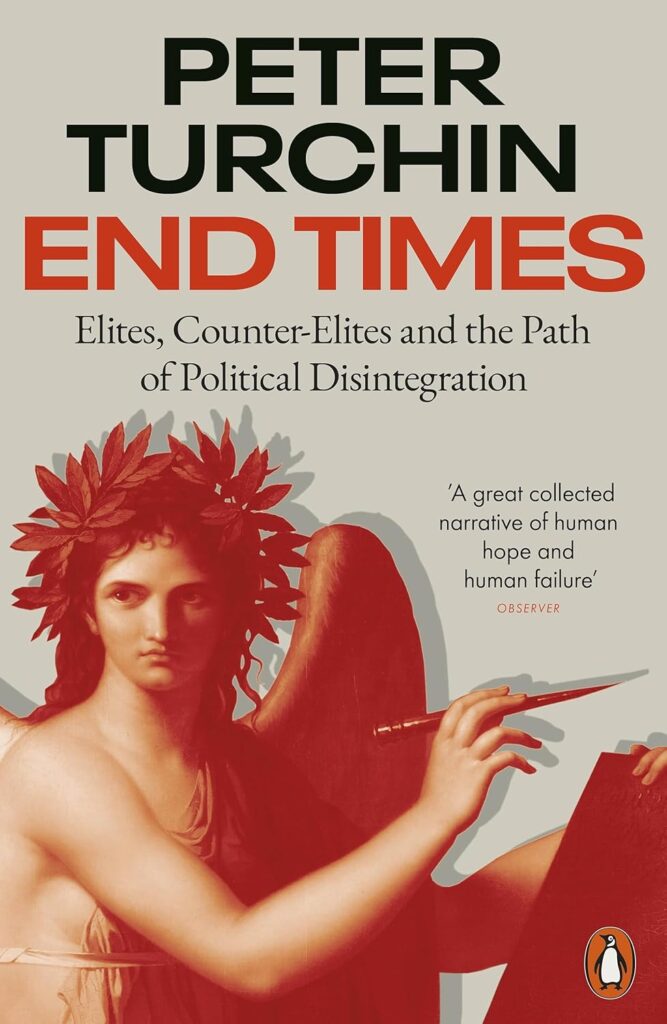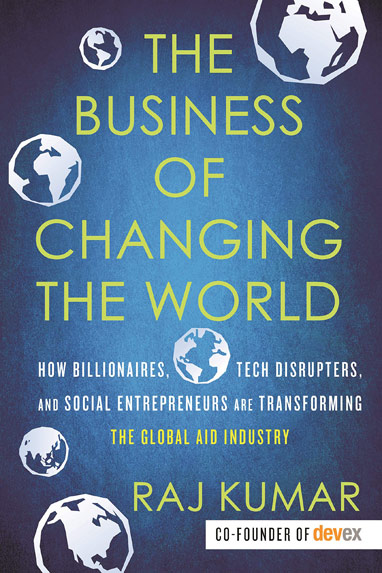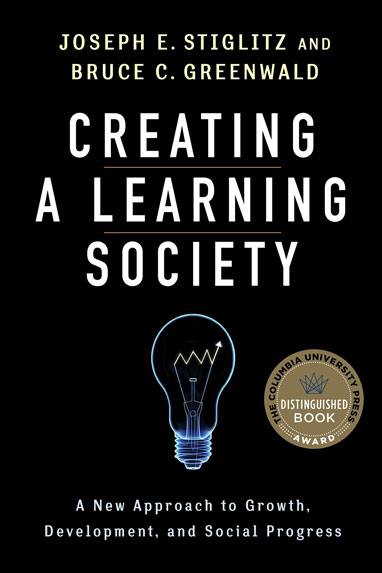
Aid: Ending Global Poverty
Growth of average incomes globally has resulted in a stunning decline in abject poverty. Yet more than a third of the world’s population – some 2.2 billion people – live on less than $2 a day, many without access to clean water, electricity, sanitation, and basic protection of the law. And the gap between rich and poor continues to widen. What can be learned from the successes and failures of the West’s $2.3 trillion aid investment over the past 50 years? What are the most promising solutions? And where do we go from here?

Global Poverty Today
Growing global income inequality and the absence of the rule of law underlie most of the social and economic problems in developing countries, including the roadblocks to effective foreign aid.

Multilateral and Bilateral Aid
Whether aid is given through multilateral organizations or bilaterally state-to-state, the impediments to the aid’s effectiveness are the same, including oppressive, corrupt regimes, political and economic instability, and the lack of civil rights, among others.

The World of the Poor
The poor live with lawlessness, poor nutrition, low quality of education, and have so little cash reserves that simple mistakes or health problems can have devastating consequences.

End Times
Elites, Counter Elites, and the Path of Political Disintegration
In End Times, Turkin examines the complex interplay of socio-economic factors that, he asserts, repeatedly throw societies into decay, crisis, and often violent collapse. These patterns, he says, span the end of the Neolithic Period to the present day.

Doughnut Economics
7 Ways to Think Like a 21st Century Economist
Kate Raworth; reviewed by George Kasabov
A “renegade economist” advances a new, more comprehensive and regenerative economic model – one based on a view of humans as socially adaptable beings in a world of limited natural resources. A view that factors in the love and caring of family life, the kindness and cooperation of society, and the search for meaning and morality over the getting and spending of money as the essential aim of human existence.

The Business of Changing the World
How Billionaires, Tech Disrupters, and Social Entrepreneurs Are Transforming the Global Aid Industry
Raj Kumar
In 2000, Raj Kumar and friends created Devex, an online community for global development that matches up organizations with funding opportunities and provides the largest database of grants, tenders, and other funding information. This book was written 20 years later to provide a clearer picture of how the aid industry operates, and where it’s headed.

Creating a Learning Society
A New Approach to Growth, Development, and Social Progress
Joseph E. Stiglitz
A Nobel economist and a leading finance expert posit the view that learning is more important to growth and development than the accumulation of capital. The traditional view of an inherently efficient free market, and of government regulation as the major source of economic difficulty, impedes the raising of a society’s standard of living by discouraging the production and dissemination of knowledge.
In the series: The Changing World Economy
- Trust, Faith and Confidence–Value and the Role of Money
- Risk, Gambling, and Financialization
- Forgiveness of Debt and the Creation of Money
- End Times: Elites, Counter Elites, and the Path of Political Disintegration
- Capital in the Twenty First Century
- Doughnut Economics
- The Business of Changing the World
- Creating a Learning Society
